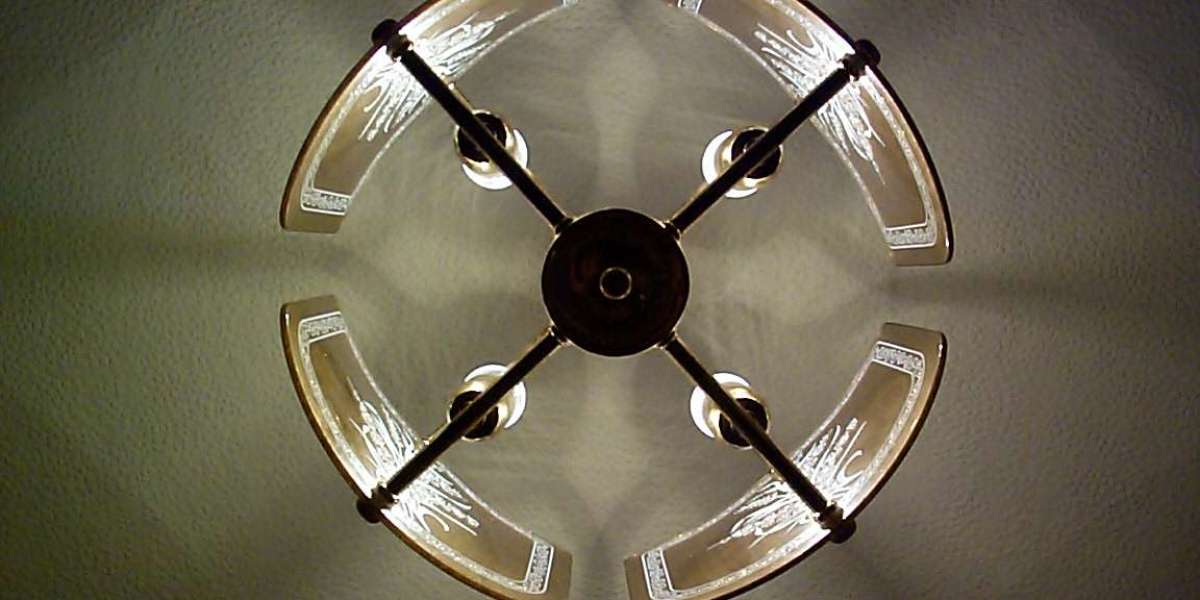Working with a certified investment casting exporter offers numerous benefits that ensure quality, reliability, and global compliance. Certified exporters adhere to international standards such as ISO, ASTM, and DIN, guaranteeing that the cast components meet precise specifications and performance requirements. These manufacturers use advanced technologies, stringent quality control processes, and traceable documentation, which are crucial for industries like aerospace, automotive, and medical. Additionally, a certified exporter ensures smoother customs clearance, reduced risk of product rejection, and greater trust in global supply chains. Their expertise in handling international logistics and custom requirements further enhances efficiency, making them ideal partners for businesses seeking consistent, high-performance components across borders.
Why Investment Casting Exporters from India Lead the Global Market
Investment casting exporters from India lead the global market due to their exceptional combination of cost-effectiveness, technical expertise, and adherence to international quality standards. Indian manufacturers offer a wide range of alloys—including stainless steel, carbon steel, and non-ferrous metals—catering to diverse sectors such as automotive, aerospace, defense, and industrial machinery. Equipped with modern facilities and skilled engineers, they deliver highly accurate, complex castings with excellent surface finish. Moreover, India's competitive manufacturing costs, strong supply chain infrastructure, and commitment to timely delivery give exporters a strategic advantage. With increasing global trust in Indian engineering, these exporters continue to gain prominence as reliable partners in precision casting solutions.
Materials Used by Leading Investment Casting Exporters
Leading investment casting exporters utilize a wide range of high-performance materials to meet the diverse needs of global industries. Commonly used metals include stainless steel, carbon steel, alloy steel, tool steel, and non-ferrous alloys like aluminum, brass, and bronze. Each material is selected based on the specific application, offering properties such as corrosion resistance, high strength, heat tolerance, and wear resistance. These exporters often collaborate with clients to choose the optimal alloy that meets both functional and cost criteria. By leveraging advanced metallurgical expertise and rigorous quality control, they ensure that every casting delivers precise performance and durability across demanding sectors like aerospace, automotive, energy, and medical equipment.








